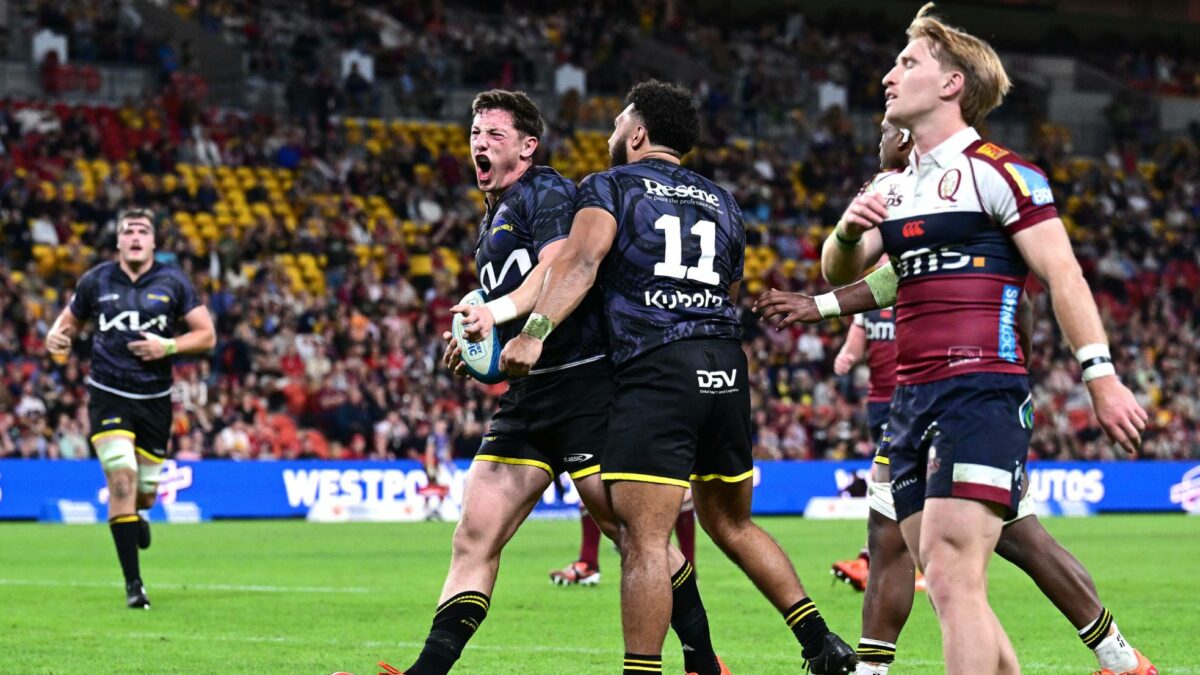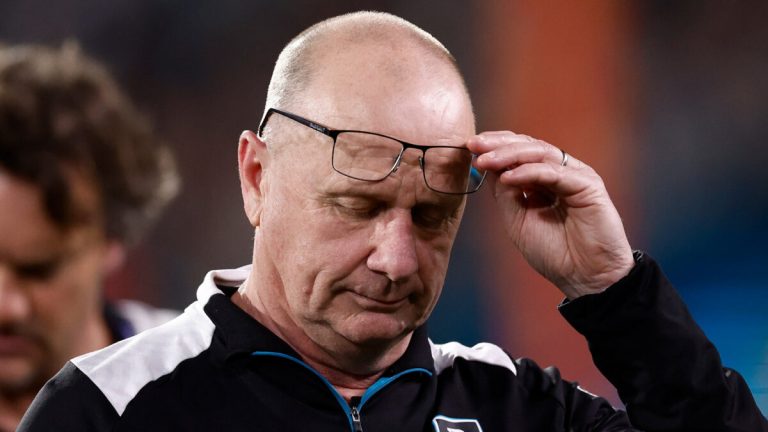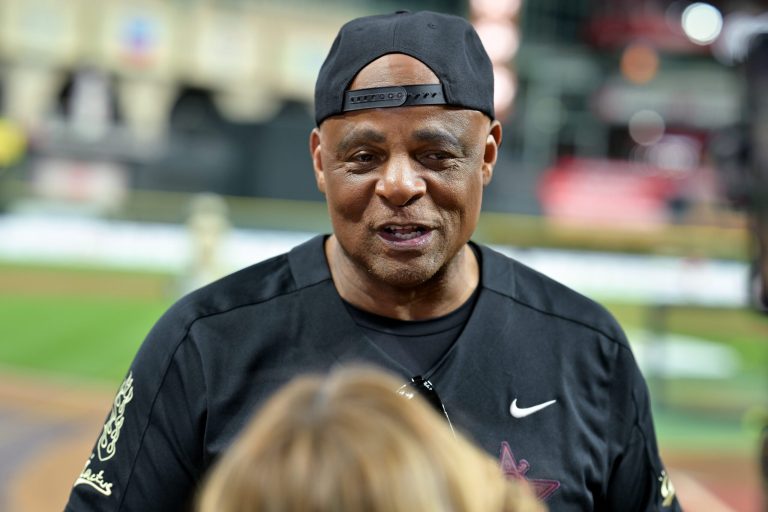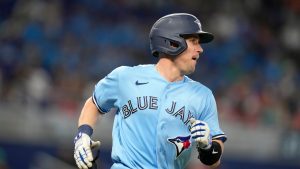Renowned New Zealand swim coach Duncan Laing was so well regarded and sought after, 23-time gold medal Olympic legend Michael Phelps travelled to Dunedin in 2003 to train under him.
Laing was also a representative rugby player for Taranaki, a prominent senior coach in Dunedin, and for four years served as Otago rugby selector. His coaching modus operandi was to keep players on the training track for far longer than what any of us thought was sensible – getting ‘miles into our legs’ in much the same way Bart Cummings would prepare a stayer for the Melbourne Cup.
With deep-winter southerlies blasting in directly from Antarctica, straight over the top of the Kettle Park sand dunes, some trainings were the equivalent of torture. Criticisms of which Laing dismissively waved away – tipping the scales at double the weight of some of his players, his natural insulation meant he simply didn’t feel the cold like a normal person.
Smart players soon worked out what Laing liked and shaped their games accordingly. Keep your mouth shut and put the work in was an obvious place to start. But Laing was also a comedian at heart, and he always had a soft spot for players who contributed to team harmony through generosity of spirit and good humour.
The sure thing that guaranteed reassignment down to the seconds was inattention to one’s gear. Nothing riled Laing more than a player having to stop mid-match to re-tie a loose bootlace, or slipping over because their sprigs or studs weren’t long enough. Players fronting up with fancy, new, moulded-sole boots were literally taking their careers into their own hands.
Watching the Crusaders and Highlanders on Friday night, I couldn’t help but think of big Dunc, spinning away in his grave, incredulous that professional players in 2025 would – with all of the expert advice and support they are afforded – be slipping and sliding around like baby fawns on an ice rink.
Apparently it was all down to a dew that had settled upon Apollo Projects Stadium – but come on, is that a phenomenon new or unusual for Christchurch at this time of year? Hardly.
When they were able to stand upright, the Highlanders played some great rugby, withstanding a strong start by the Crusaders and pretty much enjoying the best of the remainder of the game.
Their go-ahead try featured an outstanding contribution from halfback Folau Fakatava, who over the next five minutes proceeded to expose his Achilles heel by twice kicking the ball dead; even inspiring replacement flyhalf Cam Millar to do the same.
Right there was the Highlanders’ season in a nutshell; lack of patience, absence of self-belief and – on this night – inability to kick straight. A 12-15 loss so easily could, and should, have been a win.
Without being unfair to their opposition, perhaps subconsciously, the Crusaders played as if they knew it didn’t matter if they won or lost. Their final ladder position was always going to be determined by a straight shoot-out between themselves and the Brumbies in Canberra on Friday night.
Let’s hope the players take along a few spare pairs of boots, each with different length studs.
Like every coach preparing for the Reds, the Hurricanes’ Clark Laidlaw emphasized the need for his players to shut down Tate McDermott’s running game. And like most teams in recent weeks, his players duly went to sleep on the edge of the ruck and invited McDermott to do what he does best.
Not that it seemed to matter, with the visitors skipping out to a 26-13 lead, the power and directness of their running game appearing to overwhelm the Reds.
Things were always going to go one of two ways, and it didn’t take long to find out which. Immediately after half time the Reds served the ‘Canes up some of their own hard-running medicine – none better than from Joe Brial – and the deficit had been turned into a 27-26 lead.
By now, fans at the ground and at home had one of those ‘tiger by the tail’ contests to savour: incredibly messy at the breakdown, with cleaning players flying in off their feet well past the ruck, but every man signing on for the physical contest. Terrific stuff.
It took a special try to nudge the Hurricanes back in front; Cam Roigard engineering space on the blindside to break out from a defensive scrum, play sweeping right and then left again, before Fehi Fineanganofo powered over in the corner.
The Reds surged, looking for the winning try, and while it was a near run thing, the Hurricanes hung tough at 31-27 and slipped into the all-important 4th spot on the ladder, with just one match remaining.
Those disappointed Reds fans looking for a scapegoat in referee Paul Williams might ponder instead their team opting – for the first time all season – to kick for a penalty goal.
Six points were accumulated in the first half and many wise heads nodded in approval, because this – apparently – is what teams coming into finals are supposed to do.
But consider this. Overwhelmingly, Super Rugby matches are won by the team scoring the most tries. The Reds scored three tries to the Hurricanes’ five. In the run of play, you get only so many chances on attack. We also know that, in 2025, all teams have had difficulty transitioning out of defence from kick-off receipt. What typically happens after a score – three points, five or seven – is that it’s the opposition’s turn to attack.
It’s all conjecture of course, but – three points banked or not from the penalty – the Reds twice spurned an opportunity to score seven. They also introduced a foreign element to their game plan.
Were fans filing out of Suncorp after the match disappointed with the loss but happy in the knowledge that ‘at least we kicked our goals’? Or were they thinking, why didn’t we stick to our knitting and push for the extra try or two we needed to win the match? I wonder.
The emotional heights scaled by Moana Pasifika after their historic maiden win against the Blues last week, always suggested that they’d find it hard to get up again this week. Particularly against the Chiefs in Hamilton.
And particularly with the Chiefs in the mood they were in!
When Ardie Savea burrowed over for a try in the 48th minute, that was the first meaningful attack Moana Pasifika had mounted in the entire match. It would also prove to be close to their last.
Either side of that score, it rained points at the other end; 85 of them in total, with Leroy Carter and Cortez Ratima each picking up a treble. The real beauty however, came in the direct play of the loose forward trio – Luke Jacobson, Simon Parker and Wallace Sititi all outstanding – complemented by a similar effort in midfield from Quinn Tupaea.
With one more match to come next week against the Highlanders, home ground advantage throughout the finals is the Chiefs’ to lose. As is the competition title.
The final match in Perth was notable for a series of fracii (or should that be fracases?) between two sides that clearly didn’t like the cut of each other’s gib.
Referee Angus Gardner seemed little interested in sorting out who was throwing punches and zeroed in instead on the ball-chucking Hamish Stewart, whose action was deemed to have triggered things.
While that focus mercifully saved viewers from having to sit through multiple replays while the TMO figured out which fist belonged to which arm, it didn’t lower the temperature – at least until into the second half, when Gardner insisted to both captains that the fracassing had to stop.
Amongst a number of dubious player actions, the worst was an attempted trip on Stewart by Taniela Tupou – straight out of the Suli Vunivalu playbook – a stunt that could easily have seen him shown a red, instead of yellow, card.
While the discipline of the players finally improved, the standard of play unfortunately didn’t; albeit some heavy rain was a strong inhibitor. Along with incisive running from the back by Lawson Creighton, it took the injection of Jack Bowen to introduce the notion that pinning one’s opponent back inside their 22 on a scrappy night like this, was a sound tactic.
The trouble was, at 17-17 neither side was really up to the task of winning the match. That is until the 11th minute of ‘super time’ when the Waratahs finally found a way – Darby Lancaster’s fingernail once again proving long enough to satisfy the TMO that he’d maintained contact with the ball in the midst of his spectacular put down.
So, what does all of this mean? The Waratahs are still in the hunt for sixth place. They’ll need some help from the Hurricanes – who owe Moana Pasifika a beating – but they also have to do the business themselves at Eden Park.
No matter how rough the Blues have been this year – and they are a genuine mid-table side, not a shadow on last year’s title winning team – it feels like a bridge too far for the Waratahs. Not because of any Eden Park hoodoo, but because they’re just not ready to be winning matches like these.
But who knows, perhaps inspired by the Force, Beauden Barrett will back away from taking the goal-kicks and toss the ball to Ricky Riccitelli instead? Or perhaps Fergus Lee-Warner, Miles Amatosero or Charlie Gamble will throw the Blues off their game by sparking a fracas?
However it plays out, what can be said for certain is that the decision to shift to a final six instead of a final eight – irrespective of there being 11 or 12 teams in the competition – has been a winner. More sides have had more to play for, for longer.
Whatever the final outcome, the journey through 15 rounds so far has been quite the ride.






